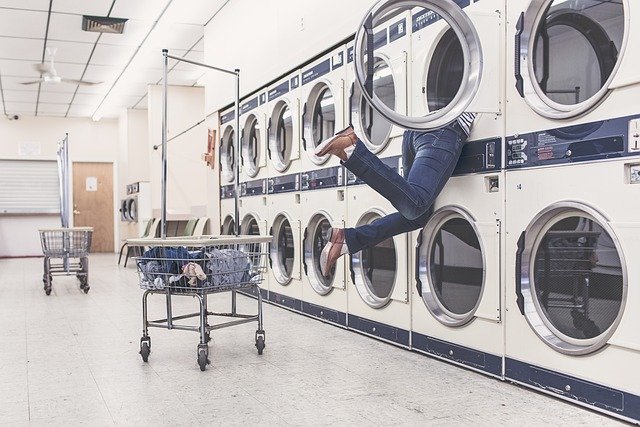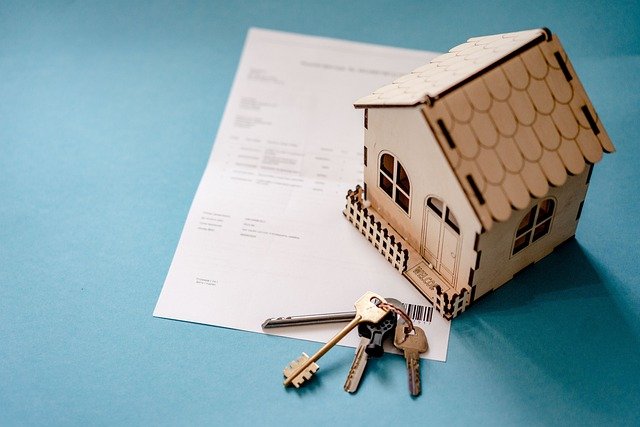Laundromat Franchise Opportunities: How They Work and What to Check
This guide explains how laundromat franchises typically operate and what prospective owners usually review before deciding. It outlines common franchisor support such as site selection, build-out guidelines, training and marketing, and clarifies typical fees including the initial franchise fee, ongoing royalties and local operating costs. Readers see the main startup cost categories—equipment, leasehold improvements, rent, utilities deposits, permits, insurance and working capital—along with popular service models like self-service plus wash-and-fold or pickup-and-delivery. Management options from owner-operator to remote supervision are described, followed by a due-diligence checklist covering disclosure documents, vendor terms, conversations with current franchisees and neighborhood demand. Editorial information only—no earnings claims or guarantees; verify terms with franchisors and local advisors.

Laundromat franchises provide entrepreneurs with a turnkey business model that combines the stability of an essential service with the backing of an established brand. Unlike independent laundromats, franchise operations come with predefined systems, training programs, and ongoing support from the franchisor. This structure can reduce some of the risks associated with starting from scratch, though it also involves financial obligations and adherence to corporate standards. For those considering this path, understanding the mechanics of franchise agreements, cost structures, and operational requirements is essential before committing.
How Laundromat Franchises Work
A laundromat franchise operates under a licensing agreement where the franchisee pays fees to use the franchisor’s brand, systems, and business model. The franchisor typically provides site selection assistance, store design templates, equipment sourcing guidance, and initial training. Franchisees benefit from established marketing materials, operational manuals, and sometimes national advertising campaigns. The relationship is governed by a franchise agreement that outlines territory rights, operational standards, reporting requirements, and renewal terms. Most agreements run for 10 to 20 years with options for renewal. The franchisor maintains quality control through regular inspections and performance metrics, ensuring brand consistency across all locations.
Franchisor Support and Royalties
Franchisor support varies by brand but generally includes pre-opening assistance, ongoing training, marketing resources, and access to preferred vendor networks. Some franchisors offer help with lease negotiations, grand opening campaigns, and troubleshooting operational challenges. In exchange for this support, franchisees pay ongoing royalties, typically calculated as a percentage of gross revenue or a flat monthly fee. Royalty rates for laundromat franchises commonly range from 4% to 7% of monthly revenue. Additionally, many franchisors require contributions to a marketing fund, usually 1% to 3% of revenue, which funds regional or national advertising efforts. These recurring costs must be factored into profitability projections alongside rent, utilities, labour, and maintenance expenses.
Startup Cost Categories
Launching a laundromat franchise involves multiple expense categories that collectively determine the total investment required. Initial franchise fees typically range from €15,000 to €40,000, granting the right to operate under the brand. Real estate costs vary significantly based on location, with leasehold improvements for a typical 1,500 to 3,000 square foot space potentially costing €50,000 to €150,000. Equipment represents the largest capital outlay, with commercial washers and dryers for a mid-sized location totaling €100,000 to €300,000. Additional expenses include signage, point-of-sale systems, security equipment, initial inventory of supplies, insurance, permits, and working capital to cover early operating losses. Total startup costs for a laundromat franchise generally fall between €200,000 and €500,000, though larger or premium locations may exceed this range.
| Cost Category | Estimated Range | Notes |
|---|---|---|
| Initial Franchise Fee | €15,000 - €40,000 | One-time payment for brand rights |
| Leasehold Improvements | €50,000 - €150,000 | Varies by location condition and size |
| Equipment Package | €100,000 - €300,000 | Commercial washers, dryers, payment systems |
| Signage and Marketing | €5,000 - €15,000 | Initial branding and promotional materials |
| Working Capital | €20,000 - €50,000 | Operating expenses during ramp-up period |
| Total Investment | €200,000 - €500,000 | Comprehensive startup estimate |
Prices, rates, or cost estimates mentioned in this article are based on the latest available information but may change over time. Independent research is advised before making financial decisions.
Equipment Packages and Vendors
Most laundromat franchisors have relationships with specific equipment manufacturers or approved vendor lists to ensure consistency and reliability across locations. These partnerships often provide franchisees with discounted pricing, extended warranties, and prioritized service. Common equipment suppliers include established brands known for commercial-grade washers and dryers designed for high-volume use. Franchise agreements may require purchasing equipment through designated channels, limiting the franchisee’s ability to source independently. Equipment packages typically include front-load washers in various capacities, high-efficiency dryers, change machines, payment card systems, and folding tables. Some franchisors offer technology integrations such as mobile payment apps, remote monitoring systems, and loyalty programs that enhance customer convenience and operational oversight.
Self-Service vs Wash-and-Fold
Laundromat franchises generally offer two primary service models: self-service and wash-and-fold. Self-service operations rely on customers using coin-operated or card-activated machines independently, requiring minimal staffing and lower labour costs. This model emphasizes convenience, extended hours, and a clean, safe environment. Wash-and-fold services, also called drop-off laundry, involve staff processing customer laundry by the pound or bag, typically charging €1.50 to €3.00 per kilogram. This model generates higher revenue per transaction but requires additional labour, workflow management, and quality control. Many successful franchises combine both models, using self-service as the base offering while adding wash-and-fold to capture time-constrained customers and increase average location revenue. The mix depends on local demographics, competition, and available staffing resources.
What to Check Before Committing
Prospective franchisees should conduct thorough due diligence before signing any agreements. Review the Franchise Disclosure Document carefully, paying attention to Item 19, which details financial performance representations from existing franchisees. Speak directly with current and former franchisees about their experiences, profitability, and satisfaction with franchisor support. Evaluate the territory rights to ensure adequate market coverage without excessive competition from other franchisees. Assess the local market for demographics that support laundromat usage, such as apartment dwellers, students, and households without in-unit laundry. Examine the franchise agreement terms regarding renewal, transfer, and termination conditions. Consider hiring a franchise attorney to review contracts and a business consultant to validate financial projections. Understanding these elements reduces surprises and helps ensure the franchise opportunity matches your expectations and capabilities.
Entering the laundromat franchise sector offers a structured approach to business ownership with established systems and brand support. However, success depends on careful financial planning, understanding all contractual obligations, and selecting a location with strong demographic fit. By thoroughly evaluating franchisor support, startup costs, equipment requirements, and service model options, prospective franchisees can make informed decisions that align with their entrepreneurial goals and financial resources.




